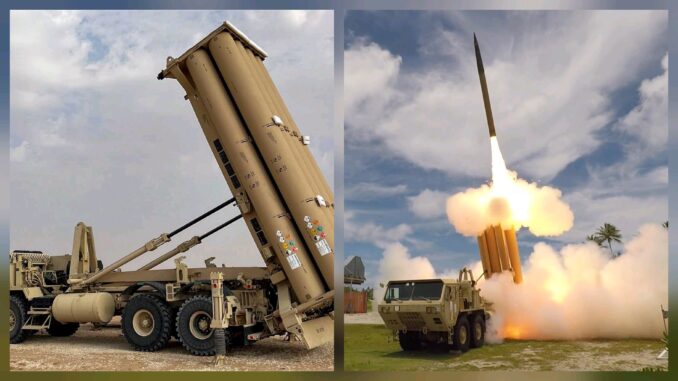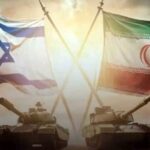
According to the Iran Military Monitor report on Wednesday October 22, 2025, Major General Mohammad Pakpour, commander of Iran’s Islamic Revolutionary Guard Corps (IRGC) ground forces, revealed in a meeting with Iraqi National Security Advisor Qasim al-Araji that the United States had deployed advanced missile-defense systems, including THAAD and Aegis, in offshore positions and neighboring countries to intercept Iranian launches.
Despite these measures, Pakpour stated that Iran successfully executed its missile strikes and achieved intended targets. This assertion was made in the context of escalating tensions in the Middle East, where Iran’s military capabilities are frequently tested against Western defenses. The commander’s remarks were shared via official channels, accompanied by images underscoring Iran’s preparedness
Pakpour emphasized Iran’s full readiness for any potential aggression, warning that a response to an attack on Iranian soil would surpass the intensity of the recent 12-day conflict. He described such a retaliation as bringing “hell” upon adversaries, signaling a doctrine of overwhelming deterrence. This rhetoric aligns with Iran’s long-standing policy of asymmetric warfare and missile proliferation, aimed at countering perceived threats from the U.S. and its allies.
The meeting with al-Araji highlights Iran’s efforts to coordinate with regional partners, potentially to mitigate cross-border escalations.The deployment of U.S. systems like THAAD, designed for high-altitude intercepts, and Aegis, known for naval ballistic missile defense, represents a significant escalation in defensive postures.
Iran’s claim of bypassing these underscores advancements in its hypersonic and precision-guided missile technology, though independent verification remains limited. Analysts suggest this could embolden Iran’s proxy networks while risking miscalculations that might trigger broader confrontations involving multiple regional actors.
Pakpour’s statements contribute to the ongoing narrative of defiance against Western influence, reinforcing domestic support for the IRGC amid internal and external pressures. As geopolitical dynamics evolve, such declarations may influence diplomatic negotiations or provoke further military buildups. The international community watches closely, as the balance between deterrence and provocation could determine the trajectory of Middle Eastern stability. For More News Click The Button Below








Leave a Reply